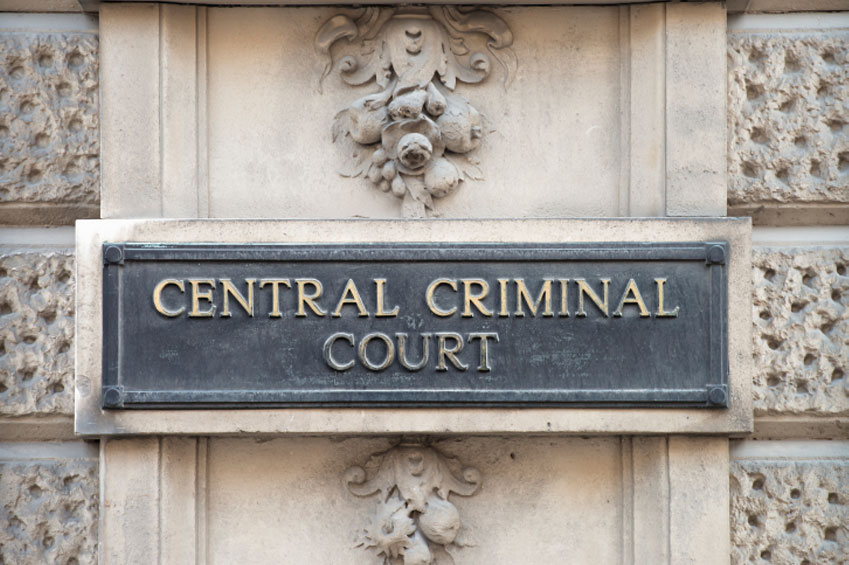Blog Categories

False statements by Company Directors- The Law
Introduction
Company directors are subject to many different legal obligations because of their wide responsibilities over the management of a company and the reporting of financial information. Abuse of these duties can lead to both civil and criminal consequences.
Over the last few years, there has been increased scrutiny of company directors and increased attempts of the Crown Prosecution Service to charge company directors for criminal offences committed by the companies they manage.
I regularly defend company directors who face criminal and regulatory charges, such as:
- fraud by false representation
- fraud by abuse of position
- Companies Act offences
- false accounting
- corruption
- health and safety offences
The most common offences that a company director can face are contained within the Companies Act 2006, Insolvency Act 1986, the Fraud Act 2006, the Theft Act 1968, and the Bribery Act 2010.
In this article, I will focus on how “false or misleading statements” can give rise to criminal liability.
What is a “False Statement”?
False statements can be very impactful on a company’s reputation and financial position. Many of us recall the civil proceedings in the U.S. regarding Elon Musk’s false tweets regarding the privatisation of Tesla.
A “false statement” by a company director, or other officer of a company (incorporated or unincorporated) is an offence within the Theft Act 1968.
Section 19 of the Theft Act 1968 states that a false statement occurs when the officer of a company deceives members or creditors of that body about its affairs by publishing, writing, or giving an account, which to their knowledge is or may be materially misleading, false, or deceptive. If the body is managed by its members, they can be charged as if they were an officer.
This can be split into three key elements that the prosecution must prove to establish guilt:
- That a statement was made;
- That it was known to be false, or reckless as to whether it is true or false; and
- That it was made by that company director to a member or creditor.
An example of a case I recently defended related to statements made by the Director of a Public Relations company in relation to their expertise and experience and ability to gain venture capitalist funding for a crypto currency start-up company.
A false statement could also amount to a “false representation” under the Fraud Act 2006. The offence of “fraud by false representation” is contained in Section 2 of the Fraud Act 2006 and occurs if a person (in this context a company or company director) dishonestly makes a false representation and intends, by making the representation, to make a gain for themselves or another, or to cause loss to another or expose another to a risk of loss.
A “representation” is defined broadly. It may be express or implied, by words, conduct or omission and includes representations regarding the state of mind of the person making the representation or another person. For example, if a company director stated to a shareholder that a third party was carrying out a certain action.
Section 12 of the Fraud Act 2006 establishes that a company officer will be liable for a false representation made by a company if the offence is committed with the “consent or connivance of” the officer or a person acting as an officer. Again, if the body is managed by its members, they can be charged as if they were an officer.
What are the consequences of a False Statement or Representation?
A company director could face personal civil and criminal consequences for making a false statement or representation.
In respect of criminal charges- these should be taken very seriously and it is wise to seek advice from an early stage if you are accused of or concerned about these offences. Cases such as this are triable either way and can be heard either in the Magistrates Court or the Crown Court. Most cases of corporate offending are likely to merit allocation for trial to the Crown Court and, therefore, an accused can usually face a large fine or term imprisonment.
The maximum penalty of a conviction under s19 of the Theft Act 1968 is 6 months’ imprisonment at the Magistrates Court and 7 years’ imprisonment at the Crown Court. The maximum penalty of a conviction under the Fraud Act 2006 is 12 months' imprisonment at the Magistrates Court and 10 years' imprisonment on conviction at the Crown Court.
Conclusion
As a company director or officer, you will have many duties and responsibilities on your shoulders. There are many ways that you may be held criminally liable for your own or your companies acts, and so it may be essential if you are facing scrutiny or investigation that you seek expert advice urgently.
Quentin Hunt has over 20 years experience defending such cases and accepts instructions either through solicitors or directly by members of the public. He is often asked to advise on developing situations to assist directors in avoiding criminality and liaises with victims and authorities to head off potential criminal actions. If you find yourself accused of such an offence you may contact Quentin for a free, no obligation conversation about your case.